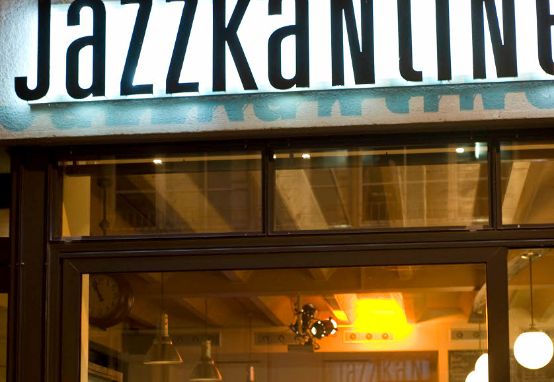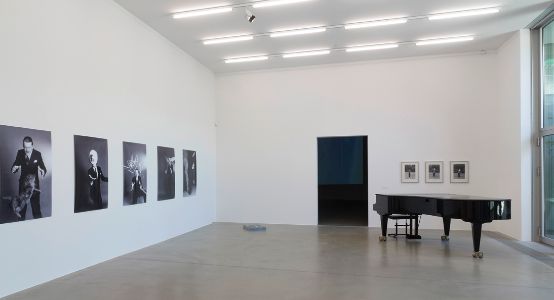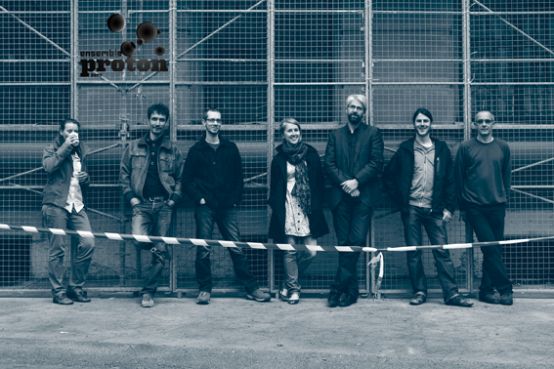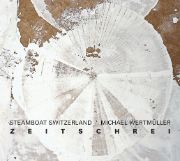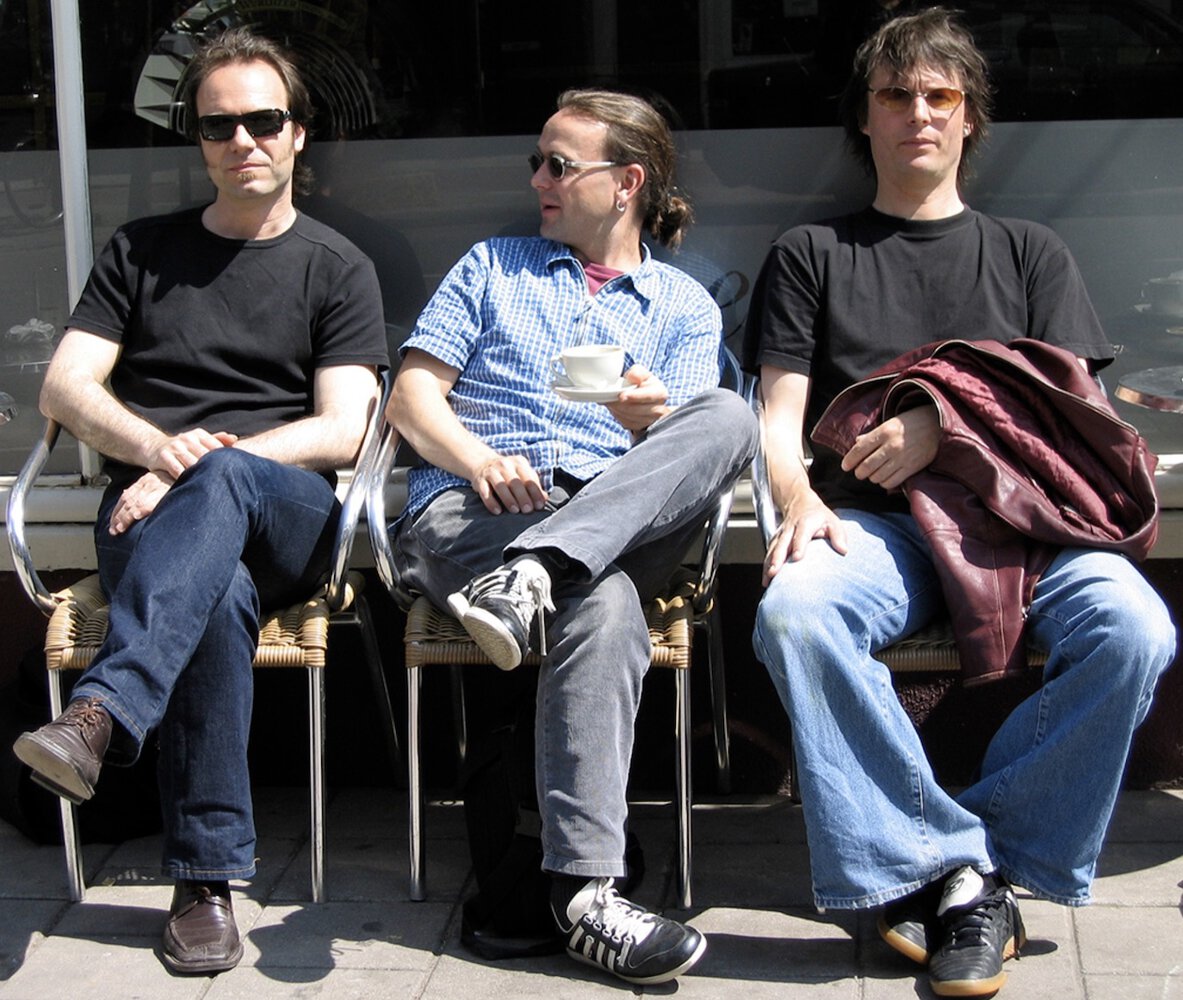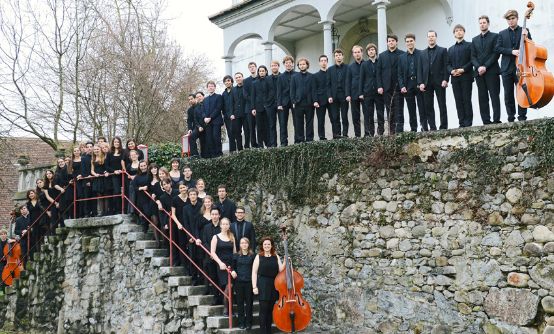The Fribourg pianist Fiona Hengartner has been awarded the 10,000 Swiss franc scholarship for 2013 from the Pierre and Renée Glasson Fund by the Directorate of Education, Culture and Sport of the Canton of Fribourg.
The Office of Culture received three applications for the scholarship. After hearings, the expert jury, consisting of the director of the Fribourg site of the Lausanne School of Music HEMU and two experts, finally decided in favor of the pianist Fiona Hengartner from Bulle, emphasizing her great potential, her technical ability and her remarkable interpretative intelligence.
Born in 1990, Fiona Hengartner graduated from the College of the South in Bulle in 2010 with a bilingual baccalaureate certificate. A year earlier, she had already obtained her professional diploma for piano at the Fribourg Conservatory with the grade "excellent". She then continued her studies at the HEMU, where she received her bachelor's degree in 2012 and was awarded the Pisler Prize for her outstanding bachelor's thesis and her excellent bachelor's recital.
Since 2005, Fiona Hengartner has successfully taken part in several competitions and master classes in Switzerland and has made a name for herself with numerous public performances in the canton of Fribourg. Thanks to this scholarship, Fiona Hengartner will be able to continue her studies at the HEMU in order to obtain a Master's degree in pedagogy in 2014.
The Pierre and Renée Glasson Fund for Music, set up in 1995 and administered by the Cantonal Office for Culture, serves to support the activities of musicians from the Canton of Fribourg or the rest of Switzerland who live in the Canton of Fribourg. A scholarship can be awarded from this fund to help finance postgraduate studies at a music college in Switzerland or abroad. The scholarship for 2014 will be announced in October 2013.







